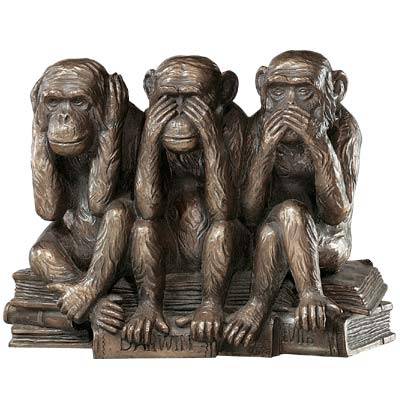Democracy - derived from the Greek words 'demos' (the people) and 'kratia' (power, rule) - refers in its most basic sense to 'rule by the people'. Currently the term holds a very positive connotation - it has been generally agreed upon in the Western/developed world that democracy is the only legitimate form of government.
There have been great efforts made by the West, through the IMF and the World Bank to 'encourage' other nations to adopt democratic practices. This was easy for especially the developing nations that called on the IMF and World Bank for financial support. All these institutions needed to do was: making 'democratization' a condition for the provision of financial support - and *woops* - we suddenly speak of 'waves of democratization' as though everyone has 'seen the light'.
Anyhow - most people will agree that democracy is the most legitimate way of ruling, because it allows for the highest degree of freedom for the individual.
In Ancient Greece it was a contested issue. The renowned philosopher, Plato, was against democracy and advocated rule by the wisest among society, the philosopher-kings (how convenient of you, Plato). He argued that most people have no business being part of the political process, because they don't have the required knowledge, insight or understanding for it.
Although not explicitly, we have been aligning to Plato's philosophy by no longer allowing each and every citizen to vote on legislation and executive bills in their own right, but instead working with a system of representative democracy, where we elect individuals that are seemingly more equipped to make such decisions on our behalf.
Within allowing such a representative system of politics, we have created a 'gap' between demos and kratia - between the people and the government - where we can in fact no longer say that it is the people who are ruling, as it is the elected government officials in the executive and legislative branches of government that are ruling - and this excludes most citizens. This gap has allowed for secrecy and rent-seeking. Instead of politics being a one-party system - in the sense that only one party is involved: the people - we are working with a three-party system - there is the people, there is the elected government officials and there is those with the financial means that participate in rent-seeking to influence policy to their own advantage, regardless of public opinion.
In order to bridge the gap between the people and the government, two specific problems require to be addressed:
1. Education
2. Ownership of economic influence
We'll continue this discussion in the next blog.

No comments:
Post a Comment